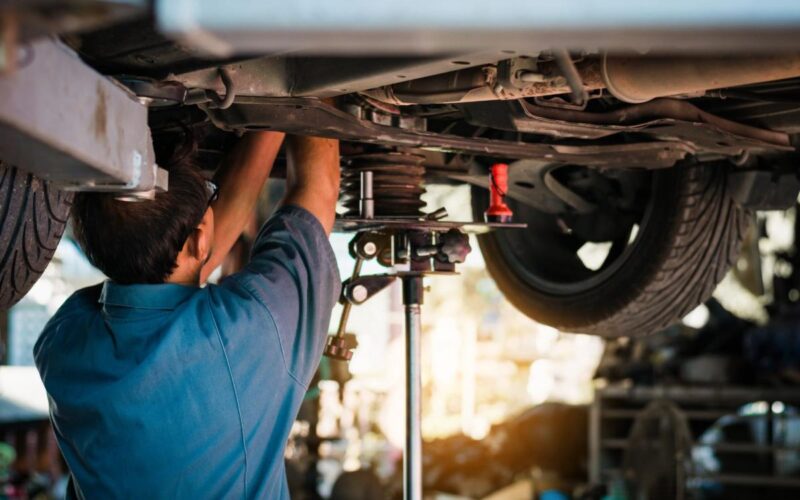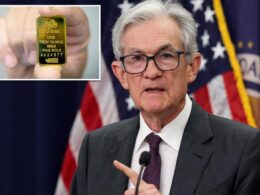Car owners could soon face sticker shock at the repair shop, with one major auto parts executive warning that President Trump’s tariffs will soon push the cost of basic repairs sharply higher.
“Wouldn’t be a bad idea to stock up,” said Premium Guard Inc. CEO Anan Bishara, whose company supplies oil filters and other components to major retailers and service chains across North America.
He told the news site the Drive that catalytic converters costing about $1,200 to $1,500 are expected to jump to over $2,500 once the new tariffs fully take hold.
The price surge will begin hitting consumers just in time for the holidays, Bishara predicted.
Premium Guard, known as PGI, controls about 30% of the North American oil filter market, selling white-label parts used by shops and online sellers.
Bishara said the company’s broad reach gives him a clear view of the rising pressures across the auto supply chain — and what’s coming next for US consumers.
While drivers have yet to feel the full extent of the pain, the executive said that’s about to change as price adjustments ripple through retailers.
It’s not a “flip-the-switch situation,” he explained, adding that resellers and suppliers took a “wait-and-see approach” through the spring and early summer before moving to pass costs along.
PGI raised prices 4% to 5% earlier in the year to cushion initial tariff effects, but the exec expects the real increases to arrive by late fall.
“Those increases have not hit the market in my view yet,” Bishara said.
Trump’s 25% tariffs on imported vehicles and auto parts took effect in May, later expanding to cover components from countries such as India, which Bishara called a “big shock.”
The surprise inclusion of India — previously seen as a strong alternative to China — added a 50% tariff on some parts and disrupted relocation plans for manufacturers trying to diversify production.
“Vietnam is a great country, so are other countries, but no other single country has the scale that China has,” Bishara said.
Major automakers including Honda, Hyundai, Mercedes-Benz, Nissan, GM, BMW and Volvo are shifting or expanding production to the United States to dodge steep new tariffs and secure their foothold in the market.
The moves, involving tens of billions of dollars in new investments, mark a broader industry push to localize manufacturing, create jobs and shield future models — especially hybrids and electric vehicles — from import penalties.
Moving manufacturing, Bishara said, isn’t simple. Setting up new facilities with robotics and safety systems can cost $30 million to $40 million per plant.
Tariffs are expected to hit categories like brakes, rotors and hydraulic steering systems hardest. Bishara said the brake segment will “suffer tremendously,” predicting steep hikes for everyday parts that wear out regularly.
“If a car needs an oil change, maybe you hold back a few weeks, a month, but eventually you have to do it,” he said.
The Post has sought comment from the White House.
The Trump administration has touted tariffs as a measure designed to incentivize companies to boost domestic manufacturing.

Even for products that PGI no longer manufactures in China, the industry remains reliant on rare-earth materials that overwhelmingly come from there — 92% of global supply, by Bishara’s estimate.
That means items like catalytic converters and sensors could face further price spikes if the US-China trade standoff deepens.
China recently agreed to end its strict export controls on rare earths, according to the Trump administration.
For now, Bishara said he hasn’t seen consumers rushing to buy ahead of the increases.
“Why would you go buy a set of brakes if you don’t need it?” he said.
“But stocking up wouldn’t be a bad idea.”








